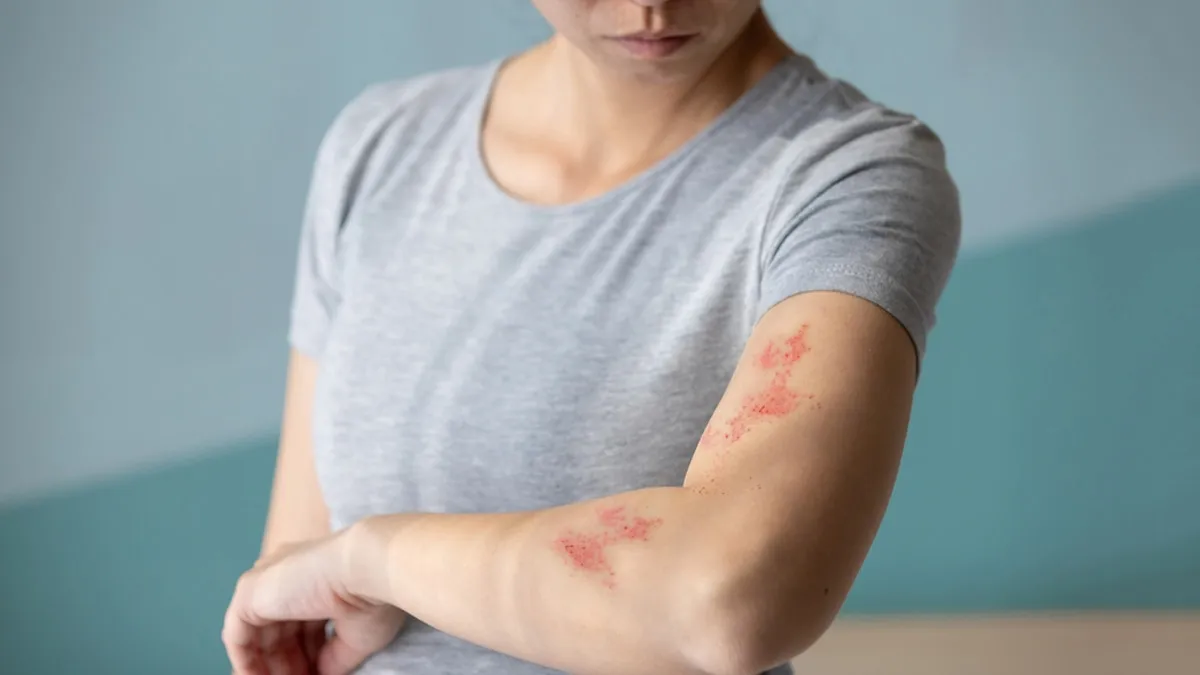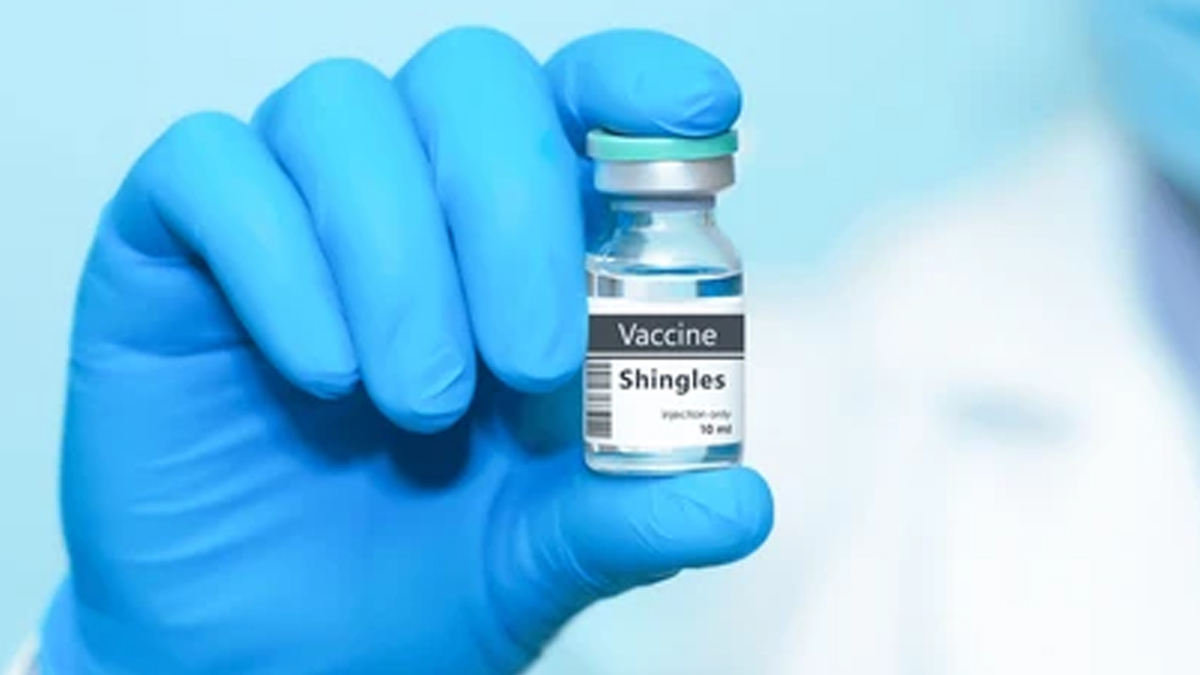
Can you imagine a rash so painful that it disrupts your daily life, lingering for weeks or even months? This is the reality of shingles, a condition affecting many older adults but remains largely misunderstood. This viral infection can occur anywhere on the body, though usually found on one side of the face or body.
Table of Content:-
On this Shingles Awareness Week, we spoke to Dr Deepak Talwar, Senior Consultant and Chairman, Metro Respiratory Centre, Noida, who explained shingles, its causes, symptoms, and tips for prevention and protection.
According to the India Shingles Awareness Survey 2025, 56.6% of participants over 50 knew little to nothing about shingles, despite being at risk. This lack of knowledge puts many individuals at risk of severe pain and complications.
Shingles Explained: What It Is And Why You Should Care?

"Shingles is caused by the Varicella-Zoster Virus (VZV), the same virus responsible for chickenpox. If you’ve had chickenpox, the virus remains dormant and can reactivate later in life, causing shingles," said Dr Talwar.
The most defining symptom of shingles is a painful, blistering rash that usually appears on one side of the body. But shingles is not just a skin condition, it causes intense pain, which is often compared to that of labour pain! The pain may persist long after the rash disappears. This long-term nerve pain, known as postherpetic neuralgia or PHN, can last for months or even years, according to the Centers for Disease Control and Prevention (CDC).
PHN can be debilitating, and if left untreated, it can interfere with daily life and make even simple activities difficult. In severe cases, shingles can lead to complications such as vision loss, hearing problems due to Ramsey Hunt syndrome, and brain inflammation.
Also Read: Shingles: Know Its Causes, Symptoms And Treatment
Symptoms of Shingles You Shouldn’t Ignore

Shingles symptoms usually appear in stages. Early warning signs may include fever, chills, headaches, sensitivity to light, or fatigue.
"Within a few days, a painful, blistering rash develops, often accompanied by tingling, burning, or numbness in the affected area. The pain may sometimes precede the rash and is often mistaken for a heart attack, kidney stones, abdominal pain due to appendicitis, or dental pain," added Dr Talwar. While some people experience mild itching, others may have severe pain triggered by even the lightest touch.
There is no cure for shingles, however, early treatment can help manage symptoms and reduce the pain intensity. Seeking medical attention at the first sign of shingles is crucial in preventing complications.
Why Shingles Hit Harder After 50
The risk of shingles increases significantly with age, particularly after 50. "The reason for this increase is a natural weakening of the immune system, known as immunosenescence. As a result, the body's ability to keep the dormant VZ virus in check declines, making reactivation of the virus more likely," explained Dr Talwar.
Additionally, other factors can further increase the risk of shingles, such as chronic illnesses like cancer, diabetes, and autoimmune diseases. Chronic stress, which weakens immune function over time, is another contributing factor.
How To Shield Yourself From Shingles: Prevention And Protection

Vaccination can help protect you from shingles. The Association of Physicians of India (API) recommends two doses of the shingles vaccination for adults 50 and older. Vaccination significantly reduces the risk of developing shingles and helps prevent long-term nerve pain.
"In addition to getting vaccinated, strengthening your immune system can help lower your risk. Eating a nutrient-rich diet, engaging in regular physical activity, managing stress levels, and prioritising sleep all play a role in keeping your immune defences strong," advised Dr Talwar.
Shingles are painful, but preventable. If you are over 50, talk to your doctor today about shingles and how to prevent it. Prevention is easier than treatment and protecting yourself now may save you from months or even years of pain later.
"Individual patients’ symptoms of shingles may vary. These statements are based on some patients’ descriptions of their pain and do not represent every patient’s experience," added Dr Talwar.
[Disclaimer: This article contains information provided by an expert and is for informational purposes only. Hence, we advise you to consult your professional if you are dealing with any health issue to avoid complications.]
Read Next
7 Embarrassing Health Conditions That Often Go Untreated or Ignored: A Proctologist’s Perspective
How we keep this article up to date:
We work with experts and keep a close eye on the latest in health and wellness. Whenever there is a new research or helpful information, we update our articles with accurate and useful advice.
Current Version